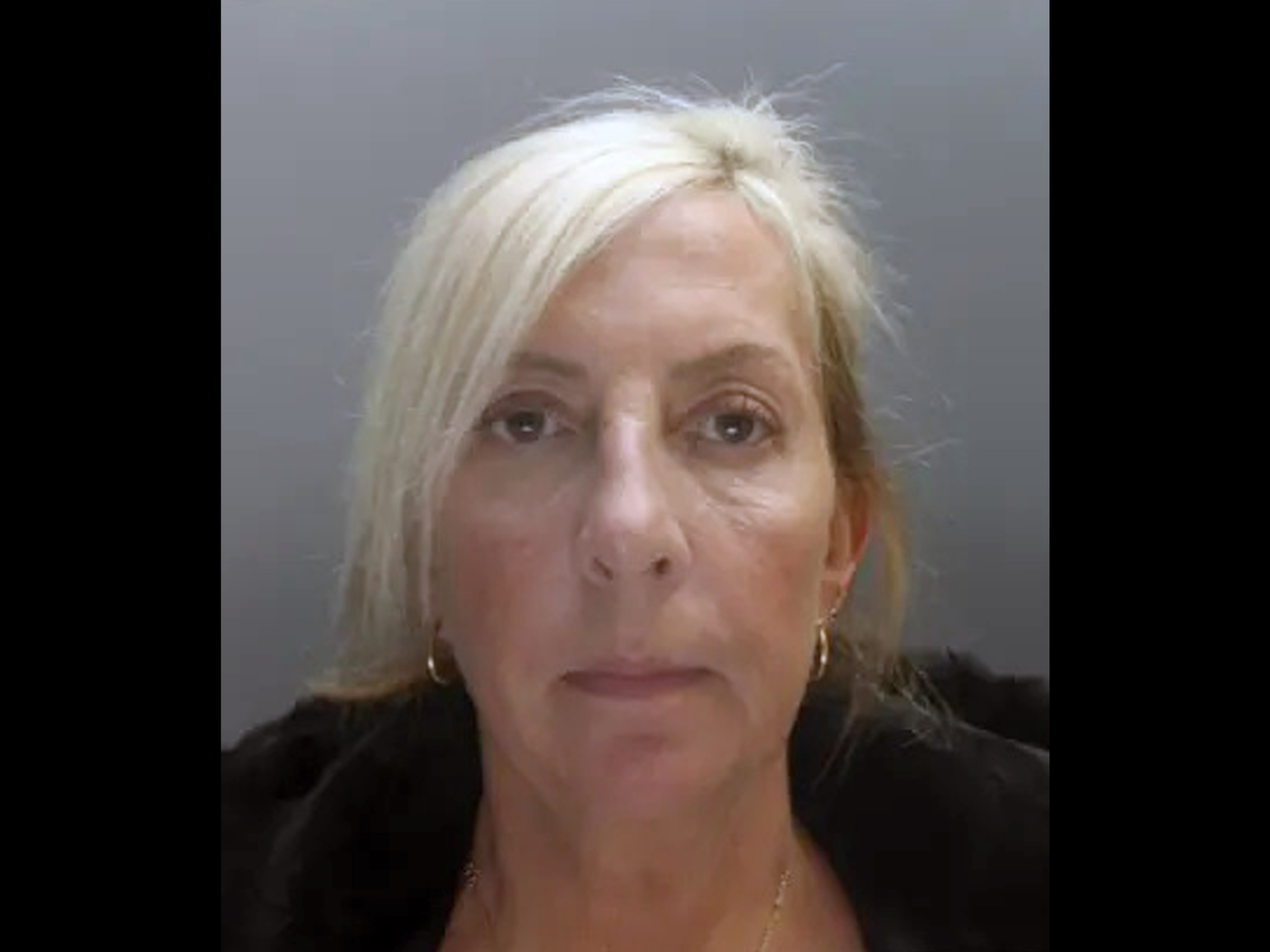Disabled woman starved to death at home after care worker visited own mother instead
‘Your neglect of Julie Cleworth set in motion an unbroken sequence of events which led directly to her death,’ judge says

Your support helps us to tell the story
From reproductive rights to climate change to Big Tech, The Independent is on the ground when the story is developing. Whether it's investigating the financials of Elon Musk's pro-Trump PAC or producing our latest documentary, 'The A Word', which shines a light on the American women fighting for reproductive rights, we know how important it is to parse out the facts from the messaging.
At such a critical moment in US history, we need reporters on the ground. Your donation allows us to keep sending journalists to speak to both sides of the story.
The Independent is trusted by Americans across the entire political spectrum. And unlike many other quality news outlets, we choose not to lock Americans out of our reporting and analysis with paywalls. We believe quality journalism should be available to everyone, paid for by those who can afford it.
Your support makes all the difference.A care worker who left a severely disabled woman to starve to death in her home has been convicted of gross negligence manslaughter.
Julie Cleworth had severe mobility issues following a stroke and required several visits a day from health visitors.
Tracey Burrows, 56, was due to carry out a 30-minute visit to Ms Cleworth, but went to see her own mother instead, Liverpool Crown Court heard.
She wrongly assumed Ms Cleworth had not arrived back from a hospital stay, lying to her employer Unite Healthcare Ltd that she had been inside the property.
As a result of this false information, Unite cancelled Ms Cleworth’s care package. The 43-year-old was found dead 9 February 2017 after spending four days without food, water or medicines.
“Your neglect of Julie Cleworth set in motion an unbroken sequence of events which led directly to her death,” Judge Neil Flewitt QC told Burrows at sentencing. I accept that you neither intended nor actually foresaw the consequences of your actions.
“However, if you had stopped to think about what you were doing, instead of neglecting your duty and going instead to visit your mother, you would have realised that your actions might lead to Julie Cleworth’s death.”
Ms Cleworth had been completely reliant upon care workers after a stroke in 2013 left her immobile and required five visits per day.
A week before her death she had been admitted to hospital, suspected of suffering from deep vein thrombosis. She was discharged three days later.
She typically spent all her time in the living room at the front of the house, but lacking the equipment to move her properly, the ambulance crew put her on an electric bed in a room at the back of the house.
Burrows had regularly cared for Ms Cleworth, so when she saw there was no light on in the front room, she wrongly assumed Ms Cleworth was still in hospital without checking the rest of the house.
While she returned to the address later that evening, this time she did not even get out of her car.
“One can only imagine the terror which must have overcome Julie Cleworth as she lay helpless in bed, realising that she had been abandoned and left to starve to death,” said Judge Flewitt.
Burrows had worked for privately owned Unite Healthcare since 2013, although she was convicted of benefit fraud in March 2014 and received a 12-month jail term, suspended for the same period.
She denied manslaughter by gross negligence.
Defending, Nigel Power QC, said the manslaughter offence was a lapse from the otherwise exemplary care the mother-of-three provided to all her patients and that an “eclectic” range of character references showed her to be “utterly selfless in almost every aspect of her life”.
Burrows received the national minimum wage, which was £7.20 an hour in 2017.
“It is surprising that as a society we expect people to provide the level of care that Ms Burrows was providing for that hourly rate,” Judge Flewitt said. "For each of those half-hour visits she made she was required to perform tasks that I suspect a lot of people would find very difficult.”
But he concluded this was irrelevant to the offence committed as it was a job she had agreed to do, and the standard of care required of her was not any less because her pay might be regarded as poor.
Judge Flewitt noted she had expressed remorse and shame but said he found those sentiments “difficult to reconcile” with her assertion to the jury that she did not believe she bore any responsibility for Ms Cleworth’s death.
He sentenced her to three years in prison after a jury found her guilty.
He said it could properly be argued that Unite Healthcare should have made further inquiries to establish where Ms Cleworth was, but that the defendant’s neglect of duty and subsequent lie was the “catalyst” for what followed, Judge Flewitt said.
“Although this is a really awful series of events, I hope this sentencing brings some closure to Ms Cleworth’s family,” detective inspector Craig Turner of Merseyside Police said after the verdict.
Additional reporting by Press Association
Join our commenting forum
Join thought-provoking conversations, follow other Independent readers and see their replies
Comments